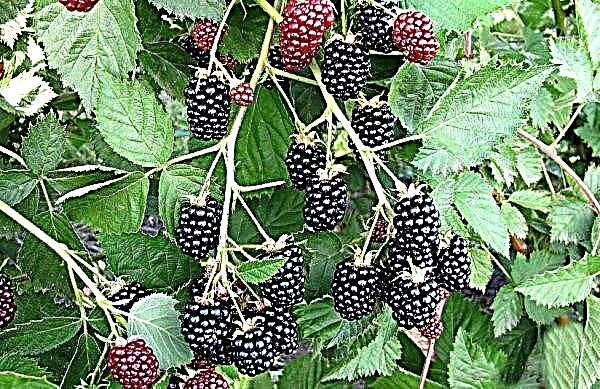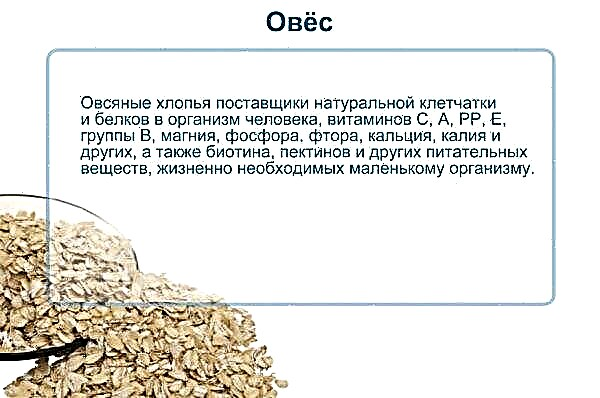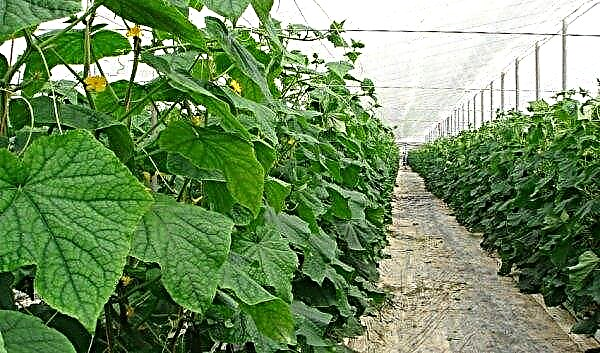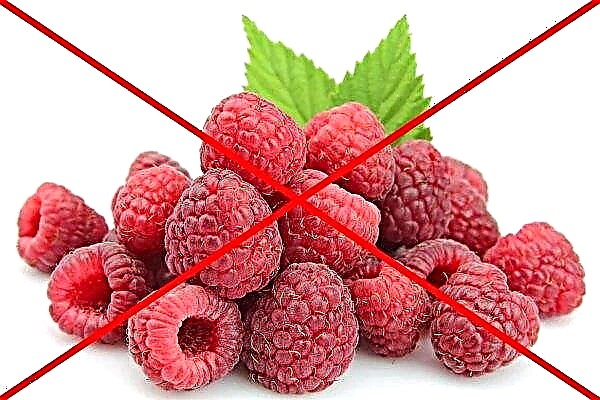After eight years of collaboration, Indian scientists have bred two lines of peanuts with a high olein content. This means that processors and consumers in India will now have access to healthier peanut-based foods and longer shelf life oils.
Oleic acid is a monounsaturated fatty acid that is beneficial to health, including reducing the risk of developing cardiovascular disease.
It is preferable over ordinary peanut butter and products such as confectionery, flour, muffins, butter, etc. Since studies show that peanut butter and foods high in oleic acid are less prone to oxidation, therefore, they have longer shelf life.
This first commercialization of peanut varieties with a high oleic acid content in India satisfies the needs of the food industry and consumers to increase shelf life and increase the health benefits of food.
Announcing this decision, Dr. Radhakrishnan, Director of the Indian Council for Agricultural Research (ICAR) and Director of Peanut Research (ICAR-DGR), says: “At the annual Peanut Seminar, May 25-27, 2019, the Variety Identification Committee identified two varieties: Girnar 4 (ICGV 15083) and Girnar 5 (ICGV 15090) with an oleic acid content of about 80% for production in India.

Two lines of peanuts with a high olein content have an oleic acid content in the kernel of about 80% (of the total fat content) compared to 40-50% in normal peanut kernels. Olein reduces the level of bad cholesterol and maintains the level of good cholesterol, which makes peanuts much more useful.












